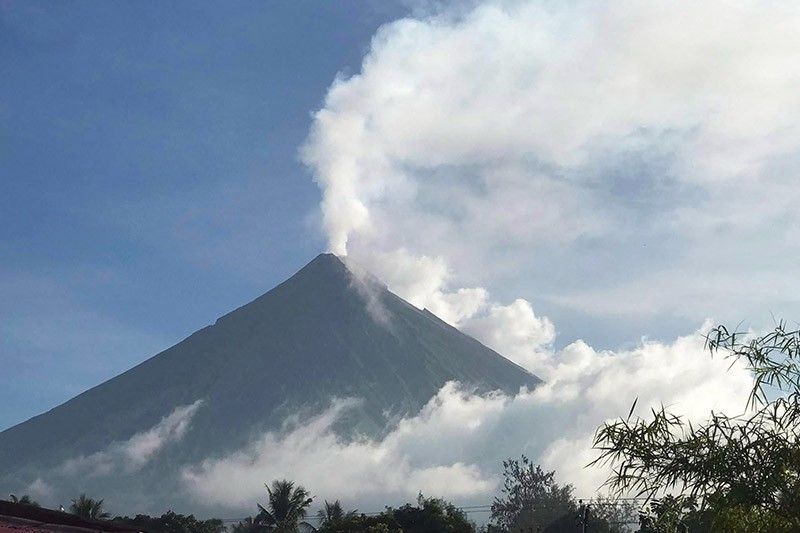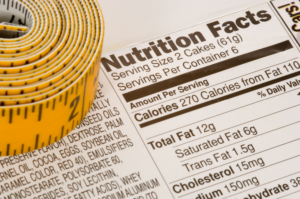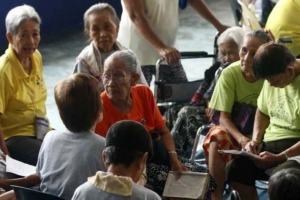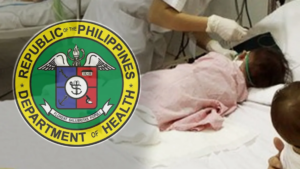
MANILA — With activity once again ramping up in Taal and Mayon, there are increasing concerns over what to do if an ashfall.
In an advisory issued Thursday, the Department of Health warned that exposure to falling ash may cause health problems and worsen existing ones such as bronchitis, emphysema or asthma.
The DOH said those with existing respiratory issues should avoid exposure to volcanic ash.
Exposure to volcanic ash can lead to the following health effects, the DOH said:
- Nose and throat irritation
- Coughing
- Bronchitis-like illness
- Discomfort while breathing
- Eye irritation
- Minor skin problems
- Injuries/death due to roof collapse or vehicular accident resulting from slippery roads and poor visibility
Should ashfall occur, the DOH advised that people should stay indoors as much as possible, with doors and windows closed. People can also keep volcanic ash from coming in by dampening their curtains, blankets or clothing.
If heading out, the DOH said people should use dust or N95 masks and wear goggles or glasses to keep their eyes from getting irritated.
The DOH also advised keeping pets in closed shelters, dampening ash in yards to keep it from getting swept up into the air and clearing roofs of ash.
What to do in case of sulfur dioxide emissions
In another advisory, the DOH also warned against sulfur dioxide emissions, a colorless toxic gas that can affect humans, animals and plants.
For humans, exposure to sulfur dioxide can harm the respiratory system and make breathing difficult, the DOH said. It added that people with asthma, particularly children, are sensitive to these effects.
Other symptoms of sulfur dioxide exposure include:
- Skin irritation
- Eye irritation
- Mucus secretion
- Bronchitis aggravation
The DOH said people should avoid going out of their homes and reminded them to close doors and windows, especially if they are living near the caldera of Taal Volcano.
It also advised people to wear a face mask, protective gear for eyes and skin coverings.
The DOH said people who think they have been exposed to sulfur dioxide should contact the following Poison Control Centers or hospitals near their area for initial assessment and management.
- East Avenue Medical Center
Toxicology Referral and Training Center:
East Avenue, Diliman, Quezon City
Contact No. (02) 89211212, (02) 8928-0611 loc 707, 09232711183
Email: eamctox@gmail.com
- UP National Poison Management and Control Center
(02) 8-524-1078 (Hotline) 0966-718-9904 (Globe) 0922-896-1541 (Sun)
What to do in case of an evacuation
The DOH said people residing in high-risk areas should prepare their emergency bags ahead of time which should contain the following:
- Clothes and hygiene kits (toothpaste, toothbrush, soap, napkin, etc.)
- Drinking water or purification tablets
- Non-perishable foods like canned goods, biscuits, etc
- Medicines and first aid kit
- Flashlight, emergency batteries or power banks
- Face masks and face shield
- Insect repellent or mosquito nets
When people are evacuated, the DOH said they should stay inside a safe facility and always follow minimum health protocols including keeping a physical distance of at least one meter from people outside your household and ensuring proper ventilation.
The DOH also said that people should ensure drinking water is safe or portable; if they are unsure, they should boil the water first.
The DOH also advised against keeping leftover food as this may spoil. It also said the evacuation center must be kept clean to avoid vector-borne diseases.















